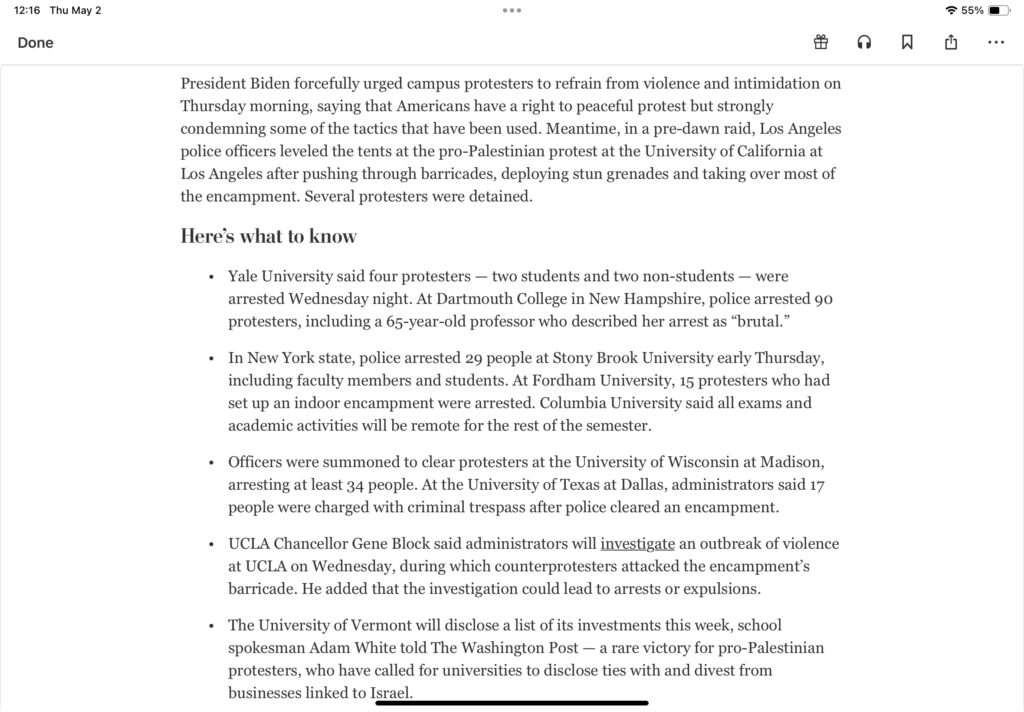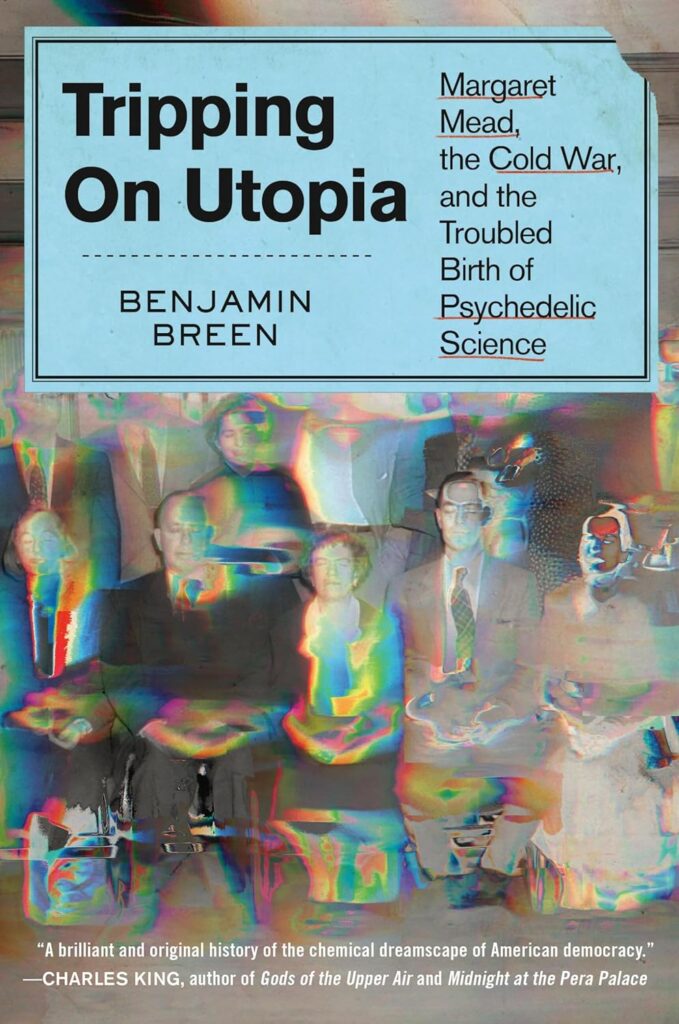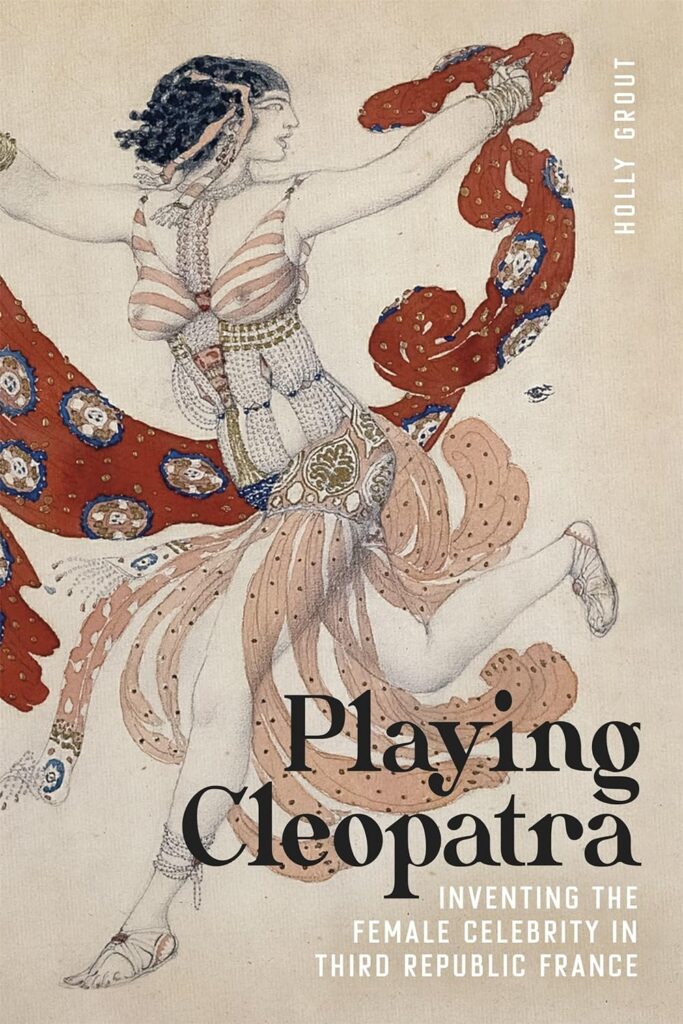I don’t think I’ve taken enough advantage of one aspect of tenure, which is that I can now write about some of my interests without worry about whether it will turn off a job committee. One of these is my life-long love of video games and I hope to use this space to write a bit more about them (and some other culture I love). Indeed, I have a few long-term projects ongoing, one of which is to very very slowly read all the Hugo Award winners (even those written by bad people). I’ve recently opened a StoryGraph account and have added my remaining Hugo books to my “to-read” shelf.
A new project is to slowly play or replay all of the Final Fantasy games through the PS3-era now that I’ve purchased the Pixel Remaster versions. I may skip Mystic Quest (which I feel like would just be a slog without a remake available), 7 (which I replayed shortly before Remake was released), 11 (just can’t see myself playing an aging MMO), and 12 (which I replayed when the Zodiac Age was released), but I will plan on posting some thoughts when I get to those. I have never played FFII or FFIII, so those will be completely new experiences for me.
The original Final Fantasy holds an awkward place in my journey as a gamer. It was the first RPG I ever played, but I never owned it. My memories of it are vague and hazy since I never played it for very long when it was first released. In fact, I think I played it after encountering what was then Final Fantasy II (IV) and Mystic Quest at my friend Thomas’s house. We considered it even at the time a curio, something pretty basic compared to the sweep of Final Fantasy IV. There’s no plot to speak of, the characters are just blank pages, and NPCs either say nothing or cryptically send you to your next destination. Even Mystic Quest had more to grab the player in terms of its plotting and characterizations, the latter of which has always been the highlight of the series. Indeed, what I missed most from this game was the silliness and humor of later games (something completely missing from the latest game as well).
That said, what strikes me most returning to the game decades after its release is just how playable it remains. The Pixel Remaster’s quality of life additions go some way to easing the modern player into the game. The most important and significant change (beyond the map and auto-battle) is that you now auto-target a new enemy when one is defeated (I assume this was introduced in other re-released before the Pixel Remasters). In the original, if you had targeted an enemy that disappeared you strike the empty space. This actually required quite a bit of strategy that has been lost in the new versions. At the same time, I found the game fairly breezy. I did use a guide to help direct me when I didn’t want to just meander the world looking for the next destination, but there is sufficient signposting that I didn’t have to do so every second. Such wandering was enough to level-up to move through the game without much difficulty (though that did make me wonder if the difficulty had been turned down in this edition). It’s no wonder this game became a template not only for its series, but an entire genre. 35 years later it’s still perfectly enjoyable to play.
Spoilers, such as they are, after the break.
Continue reading “Neverending Fantasy: A Final Fantasy Replay Journal Part 1”







